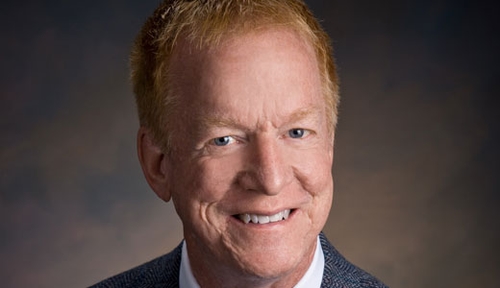Want to save babies from disease, prevent death in the elderly, and generally keep those around you living healthier? You and I have a good shot at it.
The shot you have is getting vaccinated. With all the talk over who does and who doesn’t take vaccinations, if they work or not, and sometimes whether the vaccines cause other problems, we throw the baby out with the bath. It’s more than just a proverb.
Since we grow up in a “what’s-in-it-for-me” culture, we often focus on what a vaccine can do for me. Yes, sometimes a flu shot won’t completely prevent the flu. Yes, sometimes a measles vaccine will cause a fever. Yes, a shot hurts. And rarely, less often than the chance of getting hit by lightning, a vaccine might have a severe reaction. Those are the risks if we only consider what’s-in-it-for-me.
That one shot, however, is doing so much more. If you and I are otherwise healthy and expect to stay that way, that one shot will work a wondrous good in our circle of family, friends and coworkers for months to years.
Ebola gives us a great example. This virus can easily move from person to person across West Africa, because no one is protected. If you get it and I’m with you, there’s a big risk to me. What happens if 1 in 10 people get a vaccine that helps prevent Ebola (the vaccine is in the works)? If you’re vaccinated and Ebola comes knocking at your door, it can’t as easily get in. Then all the people in your future are less likely to be in contact with Ebola through you. Boom! (That’s the sound of dropping Ebola-outbreaks.)
While Ebola may seem a bit out of reach, something else is likely knocking. Pertussis (whooping cough) epidemics are popping up again, and there’s one near you. Since June, nearly 10,000 cases have been reported across all 50 states, a 24 percent increase compared to this time last year. The pertussis vaccine needs to be updated every several years. See your health care provider to be sure you’re covered.
There are problems with vaccines. We can blame the anti-vax folks who fear vaccine safety, or we can accuse vaccine makers of providing weaker vaccines that don’t provide complete protection. Both issues have some validity, but that’s not really the battle here. When we’re fighting pertussis, the vaccine clearly reduces infections.
It comes down to this principle of herd immunity. If you’re in the herd, you join the majority of us who are willing to take some risks. If enough of us get immunized we create a shelter for our community that better protects everyone from disease. If you’re not in the herd, then you’re likely thriving primarily because the rest of us are immunized.
Those who can’t be in the herd include babies too young for the vaccines and the elderly among others who have problems that prevent them from taking the vaccine. They must depend on the rest of us to be the protectors of the community.
Our next shot at making a difference is getting our annual flu shot. Wanna be in the herd? Help out those around you from getting down with the flu. It only hurts a little bit.
